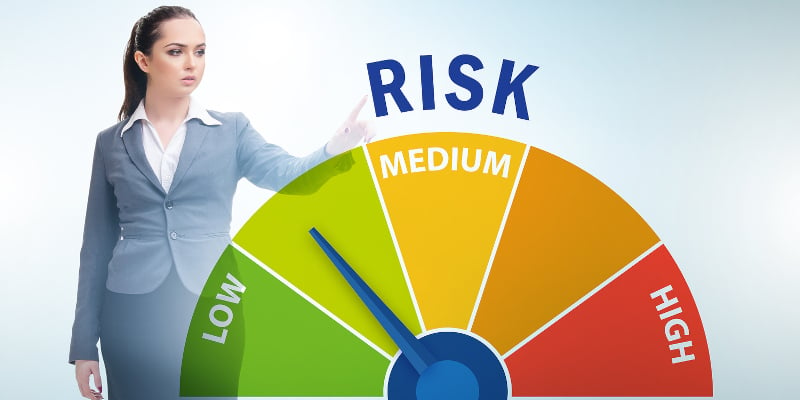Similar to legal malpractice suits, uncovered medi...
 Transform your approach to risk management
Transform your approach to risk managementThe risk management process can be a complicated undertaking in today's world. With global catastrophes such as a pandemic, cyberattack, or supply chain disruption affecting not just your company and employees but also your customers, suppliers, and the economies in which you operate, it becomes much more challenging.
Many businesses do not recognize how serious their risk or insurance deficiencies are until it is too late. To avoid the consequences of these difficulties, including financial loss, reputational harm, and potential fines and penalties, it is critical to protect and manage against certain risks before they occur. In order to accomplish this, we recommend an integrated approach that includes risk management and insurance together
It is challenging to manage a successful insurance and risk program without an integrated management approach. Let us show you how it is accomplished.
The process of discovering, assessing, treating, and controlling threats to an organization’s capital, property, employees, and profitability is known as risk management. Financial uncertainties, legal liabilities, strategic management failures, accidents, and natural disasters are only some of the hazards or risks that could arise.
Insurance is one method of treating your risk. But with an integrated risk management approach, you discover and understand other ways of managing your risk.

Your insurance programs (property and casualty, worker's compensation, D&O, E&O, general liability, cyber, etc.) and related exposures should be thoroughly assessed by risk management specialists who are experienced in this area. This helps you understand what your present coverage does and does not provide in relation to your risk or exposure.
The risk audit also reviews, compares and evaluates your operational risk exposures to determine if you have exposures that are not being addressed. The audit helps you identify new or existing laws, contracts, obligations, COVID19 requirements, and or statutes that would impact your operations.
It is essential to identify any operational exposures you may have that are not covered by insurance.
When was the last time you had a third party perform a review of your commercial insurance coverage? Insurance policies have exclusions, terms and conditions, and other limitations. The audit can reveal coverage issues and help you determine an appropriate course of action. This can and should include also looking into new providers or programs that might address your coverage needs.
It is important to examine your coverage regarding how risk is transferred and assumed by your business through various contracts and agreements and whether your insurance policies offer the best management of the risks involved.
Then you can determine if you need to modify your existing contracts and agreements or change your insurance coverage to match your risk.
You can begin selecting a risk and insurance strategy for each key risk area after knowing how much you are willing to take. You can:
Now that you've identified your risks assessed their severity, and devised a plan of action? Now implement your plan with the help of your agent. Frequently, this entails a process of change, such as increased safety awareness, training, establishing safety policies, and updating insurance.
Changes in risk management must follow the same continuous improvement strategy as with other aspects in your organization. Your risk management program will fall behind if you do not improve your plan as your firm develops and grows.
Leap l Carpenter l Kemps Insurance agents and consultants have helped many businesses establish, plan, and implement successful risk management and insurance strategies. Contact us today for more information on the advantages of risk management consulting services or to schedule a consultation with a professional expert.
Similar to legal malpractice suits, uncovered medi...
You get all the benefits and advantages of being a...
Natural disasters and crimes can impact a business...
Leap | Carpenter | Kemps Insurance Agency provides Commercial Business Insurance, Employee Benefits, Life and Health Insurance, and Personal Insurance to all of California, including Merced, Atwater, Los Banos, Mariposa, Madera, Fresno, Modesto, Turlock, and Stockton.
CA License Number 0646081 | Licensed to do business in California, Arizona, Hawaii, Idaho, Montana, Nevada, North Carolina, Oklahoma, Oregon, Virginia, West Virginia and Washington.
© Copyright 2023 Leap | Carpenter | Kemps Insurance Agency — Privacy Policy | Terms & Conditions.
Merced Office
3187 Collins Drive
Merced, CA 95348
Phone: (209) 384-0727
Additional Contacts
Toll Free: (800) 221-0864
Fax: (209) 384-0401